Home / business / Meta and Amazon Pull Back on Diversity Programs Amid Growing Corporate Shift
Meta and Amazon Pull Back on Diversity Programs Amid Growing Corporate Shift
By: My India Times
2 minutes read 108Updated At: 2025-01-11
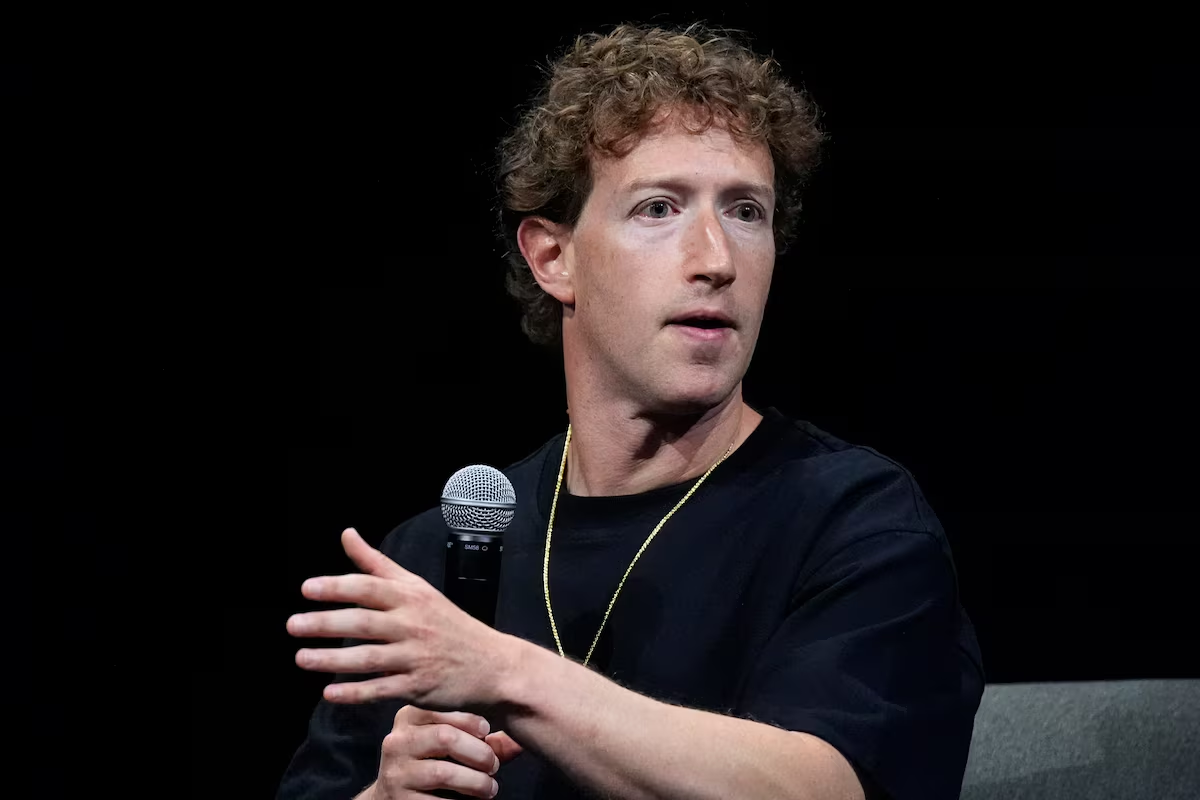
Meta and Amazon are stepping back from their diversity initiatives, joining a wave of companies in the U.S. reassessing or ending diversity, equity, and inclusion (DEI) programs. These changes come as conservatives criticize such efforts, citing concerns about legal and political risks.
Meta, the tech giant behind Facebook, Instagram, and WhatsApp, explained that its decision to scale down diversity-driven hiring, supplier partnerships, and training was due to a "shifting legal and policy landscape." The company referenced recent court rulings, including a Supreme Court decision on race in college admissions, as significant factors in rethinking their approach. Meta assured employees that while it would continue to recruit a diverse workforce, the focus would no longer be on selecting from specific diverse candidate pools.
This decision follows Meta’s recent shutdown of its fact-checking program, which had faced criticism from conservatives, especially during the Trump administration. The move signals a larger shift in the company’s policies, which have come under increased political pressure over content moderation and other corporate decisions.
Amazon is making similar changes. The company revealed in a December memo that it was "winding down outdated programs and materials" related to diversity and inclusion. Instead, Amazon plans to concentrate on initiatives with proven success that foster a genuinely inclusive culture. According to Candi Castleberry, Amazon's VP of Inclusive Experiences and Technology, the transition is expected to be complete by the end of 2024.
This trend is not limited to Meta and Amazon. Other major companies, including Walmart and McDonald's, have also reconsidered their diversity initiatives, especially following the 2020 re-election of Donald Trump. Additionally, financial giants like JPMorgan Chase and BlackRock have distanced themselves from groups focused on climate change risks, marking an ongoing shift in corporate priorities.
The roots of these changes can be traced back to the intense public scrutiny that followed the Black Lives Matter movement in 2020, which saw companies rapidly implement diversity initiatives in response to widespread calls for racial justice. However, recent legal challenges, such as the Supreme Court ruling on race in college admissions and an appeals court decision against Nasdaq’s diversity board mandates, have given critics of DEI programs more ammunition.
Meta’s move to abandon its focus on diverse suppliers is another example of this shift. The company said it would instead prioritize small and medium-sized businesses in its partnerships, a shift towards a more neutral stance on diversity in procurement.
While some view these changes as a victory, conservative figures like activist Robby Starbuck have celebrated the rollback of what they see as corporate overreach. On the other hand, groups like the Human Rights Campaign (HRC) argue that abandoning DEI efforts could harm both employees and the long-term growth of businesses. RaShawn "Shawnie" Hawkins, from HRC, emphasized that inclusive policies are key to attracting top talent and ensuring sustainable business success.
These moves by Meta and Amazon reflect a broader trend in corporate America, where companies are rethinking their approach to diversity, inclusion, and the broader cultural and political climate. As the political landscape continues to shift, businesses are navigating a delicate balance between supporting inclusive practices and responding to increasing pressures from conservative groups.
....Meta and Amazon are stepping back from their diversity initiatives, joining a wave of companies in the U.S. reassessing or ending diversity, equity, and inclusion (DEI) programs. These changes come as conservatives criticize such efforts, citing concerns about legal and political risks.
Meta, the tech giant behind Facebook, Instagram, and WhatsApp, explained that its decision to scale down diversity-driven hiring, supplier partnerships, and training was due to a "shifting legal and policy landscape." The company referenced recent court rulings, including a Supreme Court decision on race in college admissions, as significant factors in rethinking their approach. Meta assured employees that while it would continue to recruit a diverse workforce, the focus would no longer be on selecting from specific diverse candidate pools.
This decision follows Meta’s recent shutdown of its fact-checking program, which had faced criticism from conservatives, especially during the Trump administration. The move signals a larger shift in the company’s policies, which have come under increased political pressure over content moderation and other corporate decisions.
Amazon is making similar changes. The company revealed in a December memo that it was "winding down outdated programs and materials" related to diversity and inclusion. Instead, Amazon plans to concentrate on initiatives with proven success that foster a genuinely inclusive culture. According to Candi Castleberry, Amazon's VP of Inclusive Experiences and Technology, the transition is expected to be complete by the end of 2024.
This trend is not limited to Meta and Amazon. Other major companies, including Walmart and McDonald's, have also reconsidered their diversity initiatives, especially following the 2020 re-election of Donald Trump. Additionally, financial giants like JPMorgan Chase and BlackRock have distanced themselves from groups focused on climate change risks, marking an ongoing shift in corporate priorities.
The roots of these changes can be traced back to the intense public scrutiny that followed the Black Lives Matter movement in 2020, which saw companies rapidly implement diversity initiatives in response to widespread calls for racial justice. However, recent legal challenges, such as the Supreme Court ruling on race in college admissions and an appeals court decision against Nasdaq’s diversity board mandates, have given critics of DEI programs more ammunition.
Meta’s move to abandon its focus on diverse suppliers is another example of this shift. The company said it would instead prioritize small and medium-sized businesses in its partnerships, a shift towards a more neutral stance on diversity in procurement.
While some view these changes as a victory, conservative figures like activist Robby Starbuck have celebrated the rollback of what they see as corporate overreach. On the other hand, groups like the Human Rights Campaign (HRC) argue that abandoning DEI efforts could harm both employees and the long-term growth of businesses. RaShawn "Shawnie" Hawkins, from HRC, emphasized that inclusive policies are key to attracting top talent and ensuring sustainable business success.
These moves by Meta and Amazon reflect a broader trend in corporate America, where companies are rethinking their approach to diversity, inclusion, and the broader cultural and political climate. As the political landscape continues to shift, businesses are navigating a delicate balance between supporting inclusive practices and responding to increasing pressures from conservative groups.
By: My India Times
Updated At: 2025-01-11
Tags: business News | My India Times News | Trending News | Travel News
Join our WhatsApp Channel



















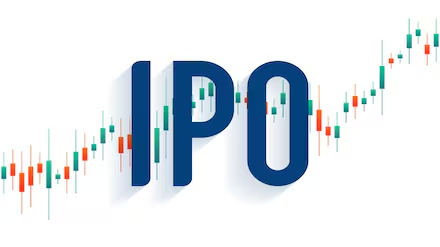






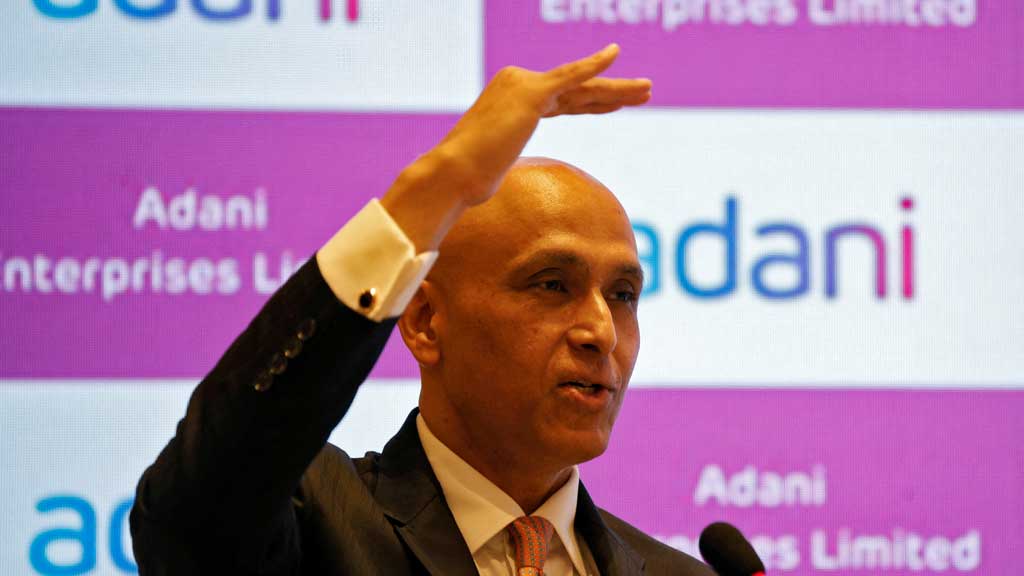


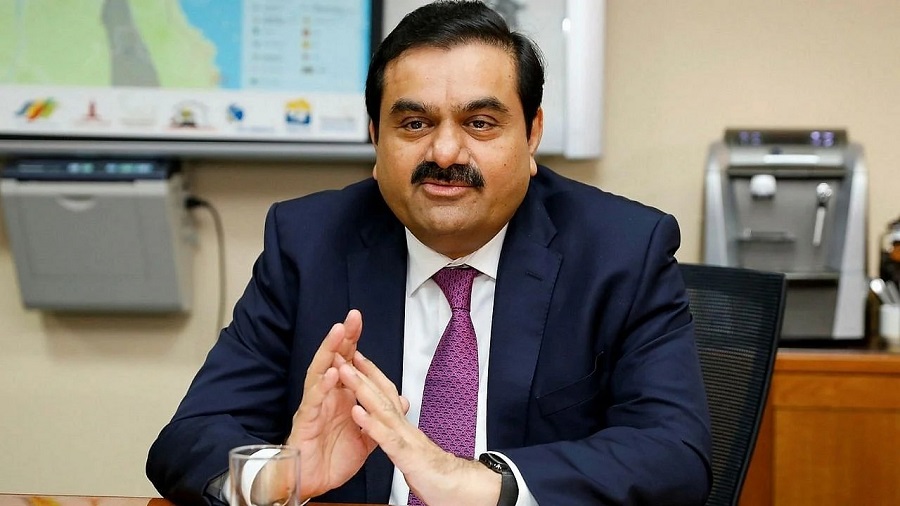
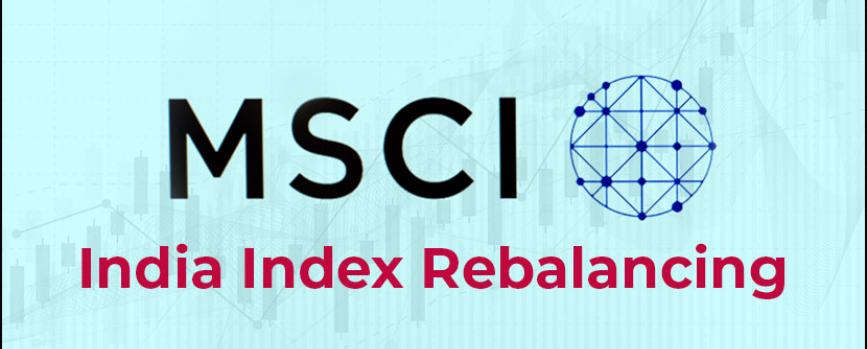
.jfif)

































































































.png)
 (1).png)























